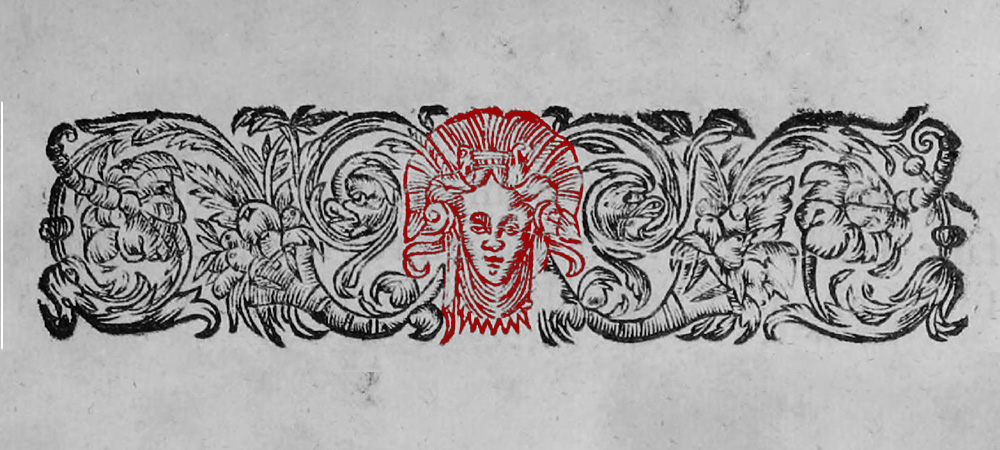Luxury Beliefs
Many of the sentiments that I termed “enemies of excellence” in the last essay belong peculiarly to a very recent period and are quite local to the developed western world, especially America. Much of what we take to be “common sense” is really not common at all if we would just zoom out and sample a wider population. These views amount to no more than a highly parochial, highly idiosyncratic, and highly brief fad of mediocrity that stands against what nearly all humans have understood and what most still do understand about the world: the basic truth that some things really are better than others.
The question why this whole nexus of anti-excellence thought arose in this particular geographic and historical context must be a question for an entire book. But for now I will offer my speculation in brief. I suspect that we now believe and repeat these slogans today only because we can afford to. When the fight for our very survival requires the accurate discrimination of better and worse, success and failure, humans do not give out participation trophies. Nearly all of human existence has been—and often still is—characterized by this rugged, desperate fight for survival. We know from skeletal remains that nearly all our ancestors struggled just to eat enough calories. No one was fatphobic then. Similarly, the basic conditions of physical security, both from the elements and from other human beings, were difficult to come by and required constant vigilance. Knowing that one warrior was more courageous than all the rest was not just common sense; it was a matter of life or death.
Now consider the person whose slogan implies that there is no objective correlate to the term “courage,” that the word merely conjures a subjective cultural construct, that anyone can be perfectly courageous in the right lighting, or that we are all equally courageous by our own standards if we would simply accept ourselves as we are. We can safely guess that such a person does not live in a clan that is regularly attacked by its neighbors—or has even once been in a situation where his life immediately depended on the reality of another’s courage. Following the economist Thorstein Veblen, Cambridge scholar Rob Henderson calls such ideas, “luxury beliefs.” These are beliefs that one can only afford to hold once sufficient material and cultural wealth guarantees that the implications of those beliefs need never be faced. Similarly, Thomas Sowell argues in The Vision of the Anointed that large bureaucratic institutions, whether corporations or governments, are structured today in such a way that a managerial elite hold all kinds of opinions only because they never have to live with the consequences of their implementation—only those lower down in the hierarchy will ever experience what it is like to carry out the policies based on those “luxury beliefs.”
In the developed world today, we live with a massive surplus of calories, extensive (even if not perfect) rule of law, readily available clothing, and air conditioning—just think for a moment what sitting in a temperature-controlled box all day does to the human psyche. We also have a fundamental human instinct to avoid strain and unnecessary effort. This instinct makes a great deal of sense when survival is precarious. For nearly all humans necessary and intense strain has been the norm and the basic requirement for survival. Under these conditions, it makes sense to conserve our strength, avoid lifting metal plates just to put them back down again, and to eat as much as our stomachs can hold when we get the chance. When the economic, governmental, and technological conditions change, however, this instinct to avoid effort can betray us. We still prefer not to move when it is unnecessary, and for a large portion of the population movement is almost always unnecessary, so we become sedentary. We still prefer to eat as many of those precious calories as we can get, and it has become economically feasible for the vast majority of the population to eat far above their maintenance level, so we struggle increasingly with obesity.

I have focused on physical and health related examples because they are easiest to see, but the same principle holds true for less bodily aspects of our lives. Consider, for example, the psychological shift that occurs when we can be nearly certain that our order will be fulfilled when we buy something from an online seller whose name we do not know and whose face we have never seen. This condition is made possible by a complex web of legal and technological systems that we do not see and need not think about, so we relax our conscious vigilance against bad actors and our intentional cultivation of practices that build trust. After all, such vigilance and cultivation would be a lot of effort just to buy a toy drone off Amazon—and we do not really need that effort anymore, at least not immediately.
As a result of this process, the population as a whole becomes steadily more puffy, more lackadaisical, more complacent, and more averse to the effort required for excellence—excluding, of course, a small minority who, from personality or conviction, do difficult things without absolutely needing to. As humans, we also tend to adopt philosophies (or merely a jumble of conflicting slogans) that retroactively justify the choices we have already made or the lifestyle that we already prefer. We would much rather rationalize than reason. And this is why, I suspect, the slogans of anti-excellence that we will examine in this series have proliferated only in the last century and only in the western, developed world.
